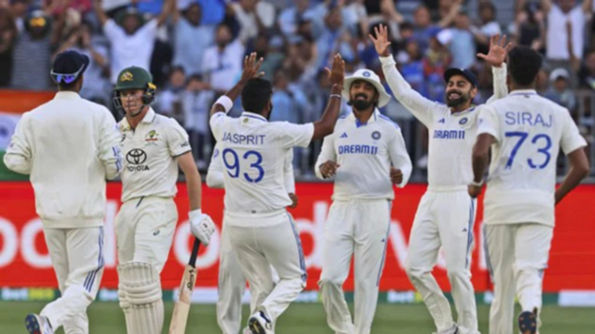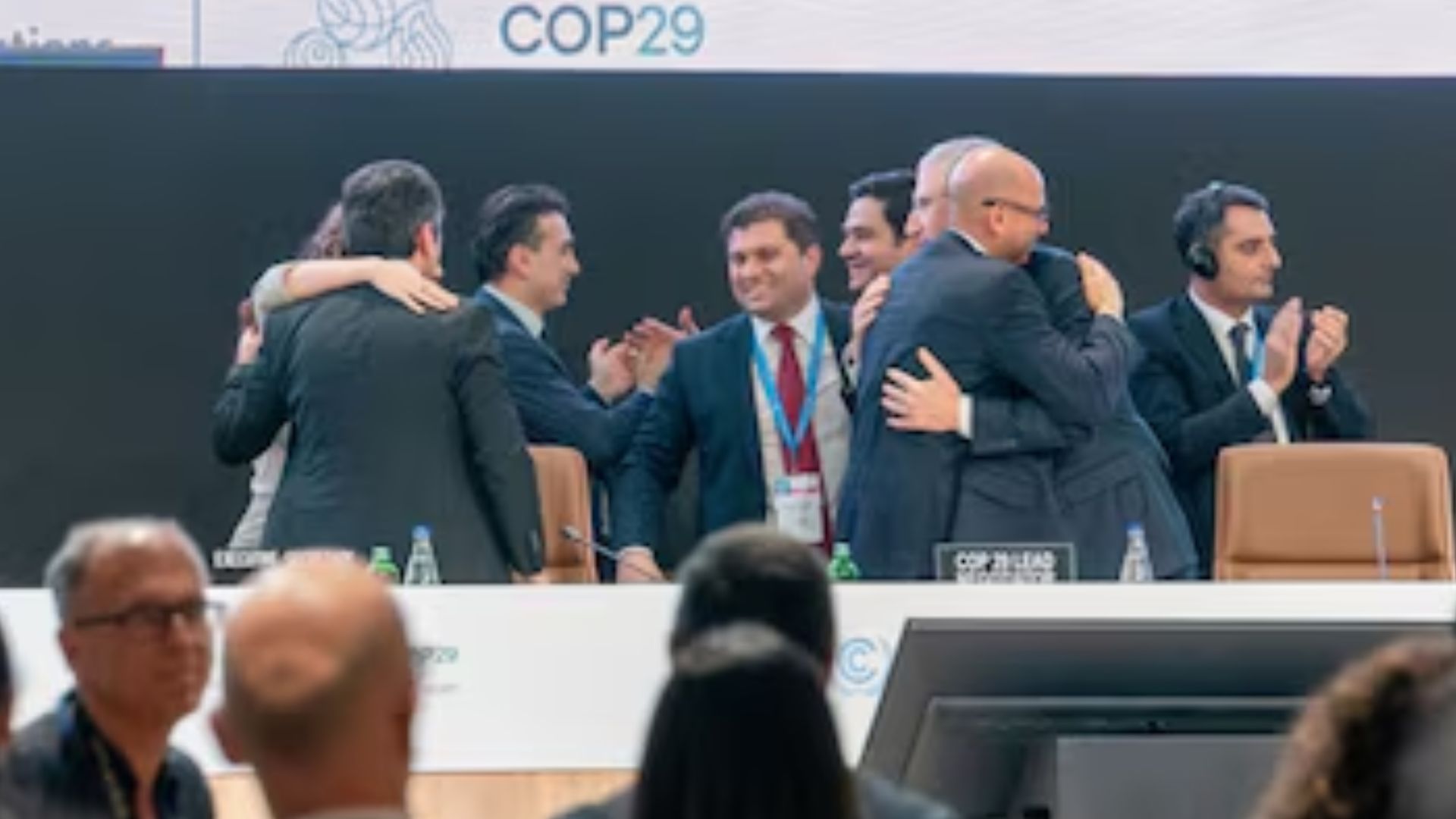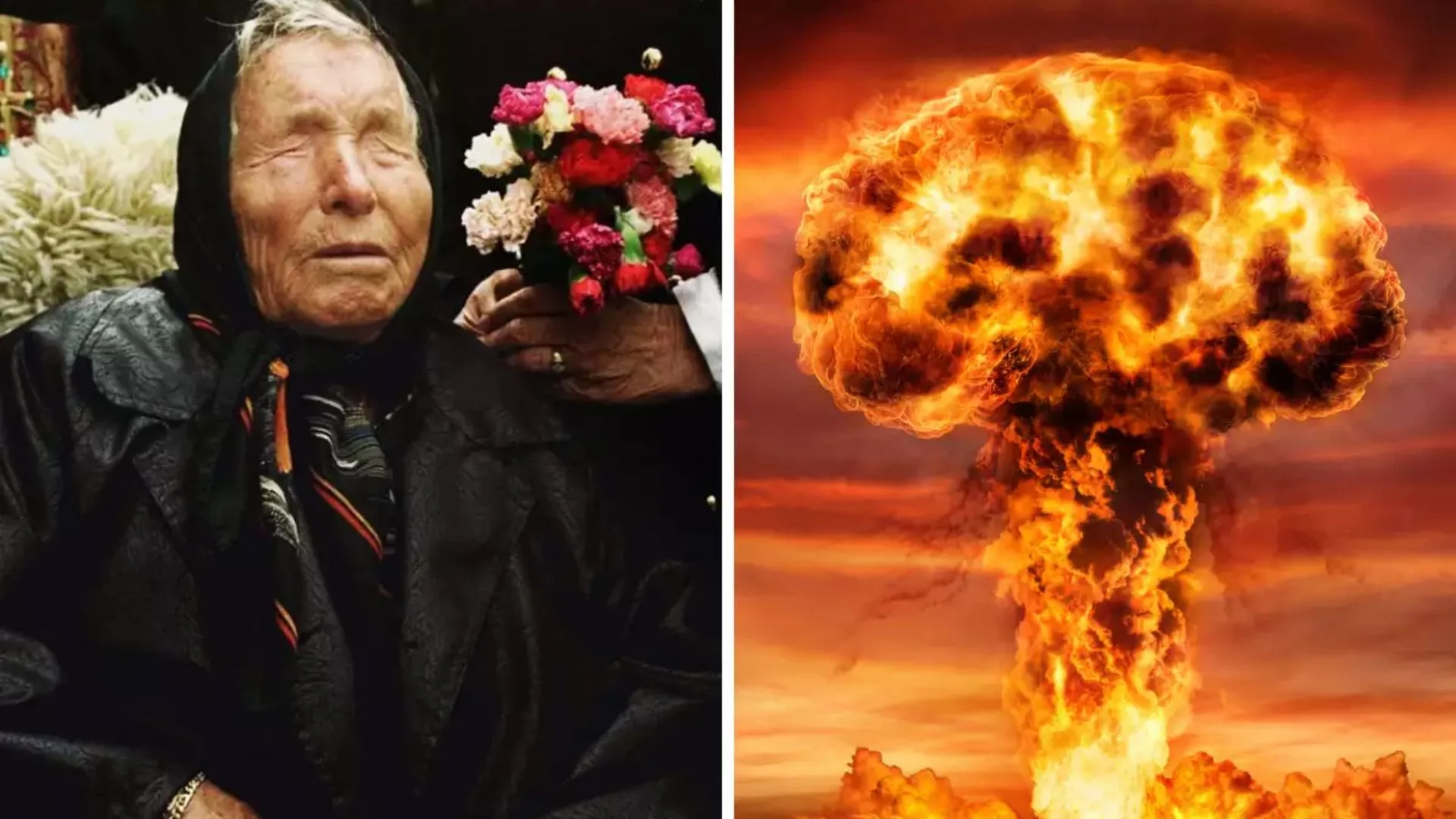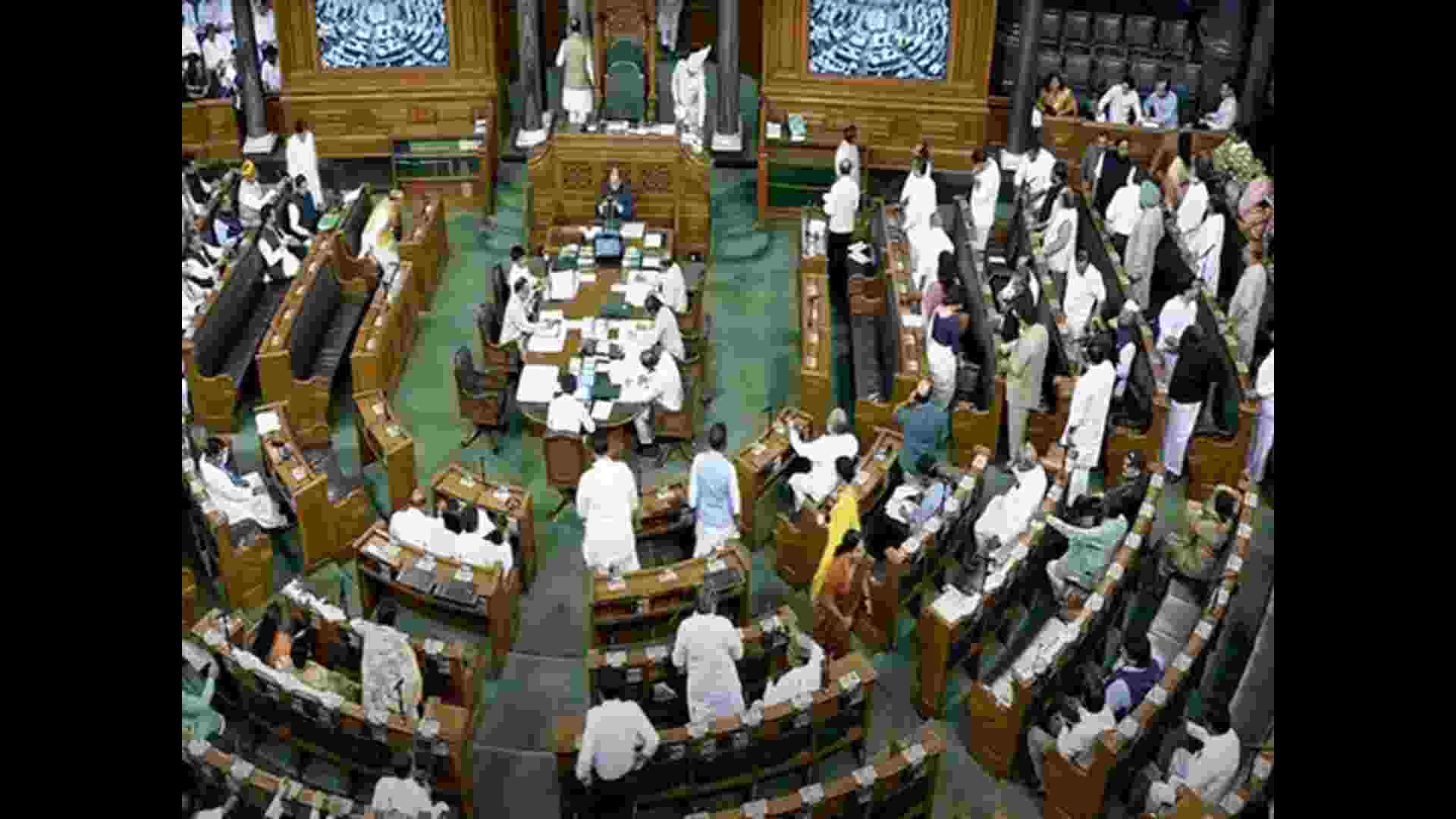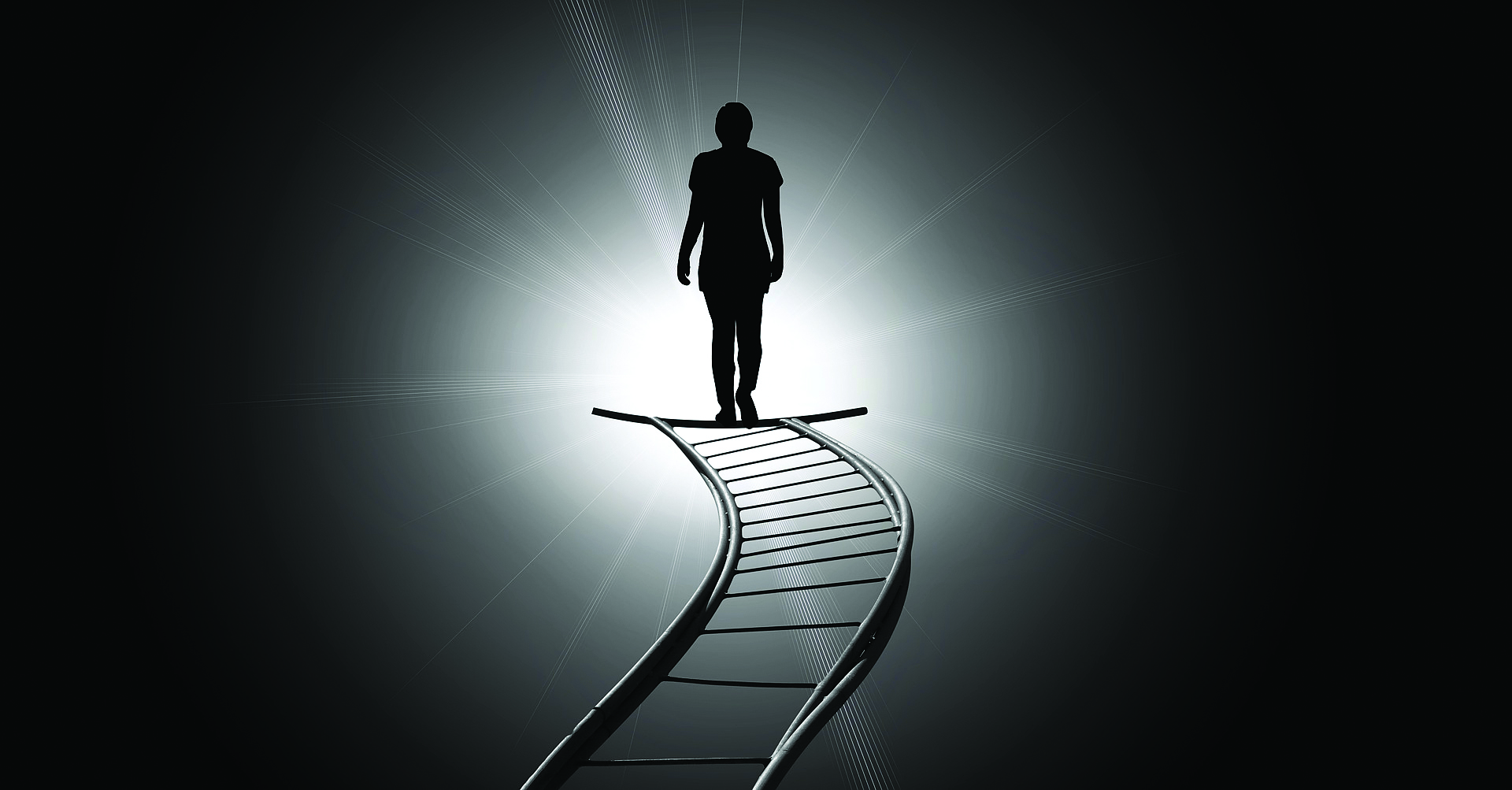
What an extraordinary world we live in. A world of eight billion human beings, living in 195 countries, speaking over 6,500 languages, and 85 per cent of us identify with a religion. What amazing diversity! So, how do we all manage all this complexity? The English naturalist, geologist, and biologist, Charles Darwin, (1809-1882) observed that in times of crisis and change (similar to the times we are living in now), for a species to survive, it needed to adapt, or it would die. He also observed that it is not the most intelligent or the strongest who survive – it is those who adapt who survive and thrive. At the end of the cold war, the United States army created the acronym VUCA to describe the complex situation of the world post cold war. It stands for Volatile, Uncertain, Complex, Ambiguous.
Volatile – Anything can happen overnight, suddenly.
Uncertain – No-on seems to know where things are going, and this creates deep anxiety.
Complex – There is a huge, interconnected system across the globe that means that when one part changes it affects everyone.
Ambiguous – There is no clarity, so how do governments and, more importantly, I, decide what to do?
The choice is there – to adapt or to resist. Some think that to adapt means to tolerate or accept things we are not happy about, but that feels like force. It is more about making the conscious decision to let go of all resistance, to simply let go and let be. The alternative is the mindset of ‘against-ness’; the overthinking of negativity, dislike, disapproval, which all have a massive effect on how I feel, and this negativity affects the heart and the health of the body in general. When faced with a challenge or a big problem, the mind begins to build a wall of resistance, full of negativity and resistance, disheartenment, rejection. Why is that? Because there is a strong and deep attachment to our own perception of how things should be, even when faced with the reality that they are not. This resistance makes me refuse to accept the reality in front of me.
What is the spiritual approach to all this complexity? It does not mean that I abandon my own values and principles – what would life be without dearly held values and principles? With spirituality, however, we learn to gently observe, both the good and the bad, but stop the game of creating negative feelings. I observe, rather than absorb. The more I observe, the less resistance there is and the more I can be of real help to others. When we dismantle all the walls of resistance, we become change makers and infuse a totally different and powerful energy into the atmosphere and relationships. We adapt and help others to adapt, and change the reality into something amazing.
Charlie Hogg, based in Sydney, is the National Coordinator, Brahma Kumaris,
Australia.




